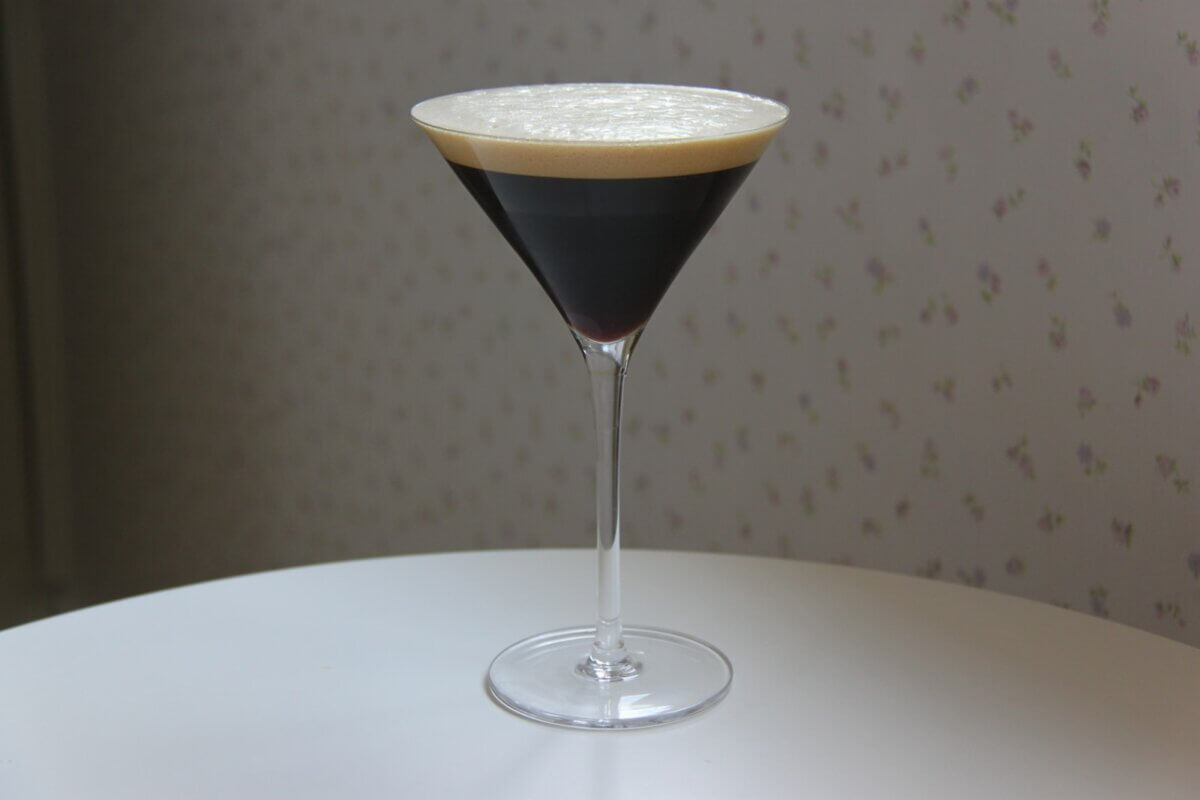VERONA, Italy — Enjoying a daily espresso might ward off Alzheimer’s disease, new research suggests. Scientists in Italy say that the concentrated coffee shot eradicates harmful proteins that accumulate in the brain and cause neuronal death. Remarkably, this effect remains even when the espresso is consumed as part of an Espresso Martini cocktail!
Lead researcher, Professor Mariapina D’Onofrio from the University of Verona, reports that espresso coffee mitigates the accumulation and consolidation of tau, a protein linked to Alzheimer’s disease. These “tau tangles” are a significant cause of dementia, as these clumps impede cognitive and memory skills.
In healthy individuals, tau stabilizes structures within the brain. However, in neurodegenerative conditions, it can aggregate into “fibrils.” Laboratory experiments demonstrated that espresso prevents this fibril formation, a finding particularly relevant given that around 96 percent of the Italian population drink it daily, according to estimates.
“As the concentration of espresso extract, caffeine or genistein increased, fibrils were shorter and didn’t form larger sheets, with the complete extract showing the most dramatic results,” the researchers write in a media release. “Shortened fibrils were found to be non-toxic to cells, and they did not act as ‘seeds’ for further aggregation.”
For their research, the team prepared espresso shots using store-bought beans, then analyzed their chemical composition using a scanning technique known as nuclear magnetic resonance spectroscopy. They decided to focus on certain compounds in further tests: caffeine and trigonelline (both alkaloids), the flavonoid genistein, and theobromine, a compound also present in chocolate.

Prof. D’Onofrio suggests that whether espresso is consumed alone or mixed into a latte, an Americano, or even a martini, it provides an intense caffeine boost to coffee enthusiasts.
“But it might do more than just wake you up… Espresso compounds can inhibit tau protein aggregation — a process that is believed to be involved in the onset of Alzheimer’s disease.”
The standard espresso brewing process involves grinding approximately 20 grams of coffee beans as finely as possible. The fine grind increases the surface area exposed to the brewing liquid, which should enhance extraction yield — the portion of the ground coffee that dissolves into the final drink.
Creating an espresso shot, or “pulling” as it’s often called, involves forcing hot water through finely ground coffee beans, producing a concentrated extract. This extract is commonly used as the foundation for other beverages, like the popular espresso martini.

Prof. D’Onofrio comments that recent research suggests that coffee could have beneficial effects against certain neurodegenerative diseases, including Alzheimer’s, despite the exact mechanisms remaining unclear. It’s hypothesized that the tau protein plays a significant role.
Italians typically consume approximately 30 million espressos a day, served in porcelain cups or small glasses, with or without a splash of milk, viewing each cup as a token of friendship.
The team concludes that despite its previously associated health risks, regular espresso consumption has been linked to a reduced risk of premature death. Recent studies indicate that, when consumed in moderation, this beloved beverage could have beneficial effects due to its unique biological properties. Notably, coffee is rich in antioxidants and plant chemicals that reduce inflammation, potentially providing protection against conditions such as Type 2 diabetes, heart disease, liver diseases, and certain types of cancer.
“Coffee extracts contain a large variety of bioactive compounds exhibiting health-beneficial effects. Using NMR-based analysis, we were able to identify the most abundant constituents of espresso coffee,” the researchers write in the Journal of Agricultural and Food Chemistry.
“We have presented a large body of evidence that espresso coffee, a widely consumed beverage, is a source of natural compounds showing beneficial properties in ameliorating tau-related pathologies.”
You might also be interested in:
- The Best Espresso Machines: Top 5 Brewers Most Recommended By Experts
- Best Brain Supplements: Top 5 Cognition Boosters Most Recommended By Experts
- Best Cocktail Recipe Books: Top 5 Mixology Guides Most Recommended By Experts
South West News Service writer Mark Waghorn contributed to this report.

